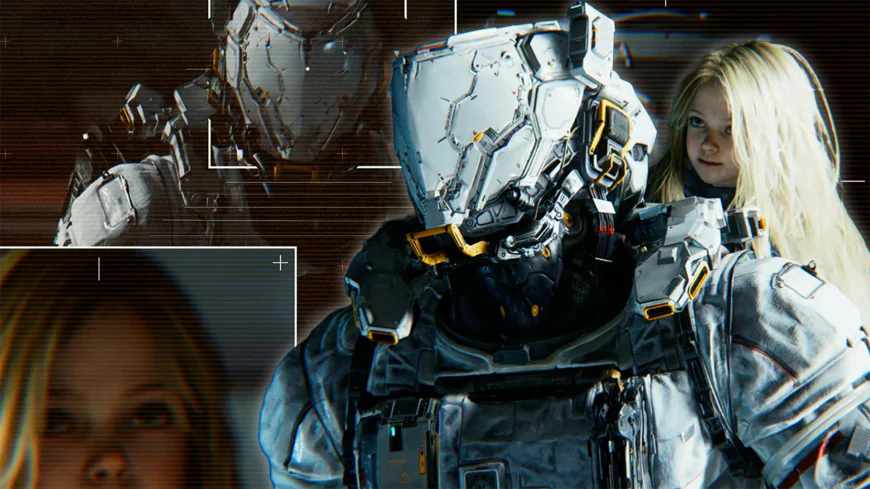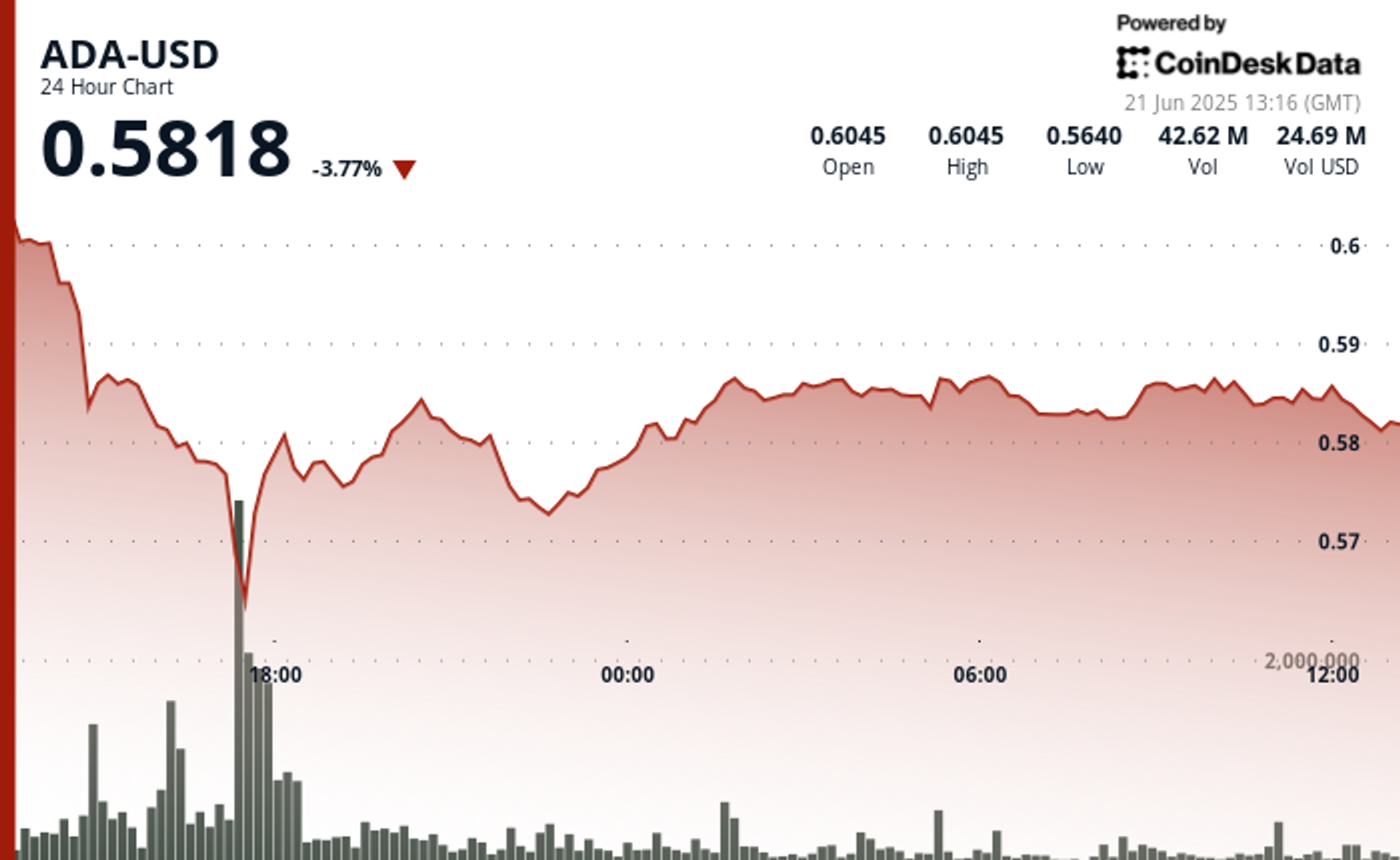Pragmata Aims to Break the Rules of Third-Person Shooters | gamescom 2025


After a period of time, video game genres tend to calcify. They establish firm rulesets that are difficult to break. This leads to familiarity and, eventually, repetition. How many third-person shooters have you played that all kind of felt the same? Capcom is trying to break the rules with Pragmata, a sci-fi shooter in which you have to hack every enemy before you can do any damage to them. It’s a smart idea – one we first got to grips with at this year’s Summer Game Fest, and have now had a chance to explore further at gamescom 2025. But while it produces a combat experience quite different to anything I’ve played before, I’m left wondering if that same level of ingenuity will be felt in Pragmata’s exploration and level design, too.
Over the past decade or so, perhaps the most popular method to spice up shooters has been increased speed and movement – see games like Vanquish, Titanfall, and Doom: Eternal. Pragmata twists the dial in the opposite direction, slowing the tempo right down in favour of making each individual combat engagement longer and more complex. Hugh, your armoured astronaut, cannot put a dent in the enemy robots until your mysterious synthetic child sidekick, Diana, hacks through their firewall. This is done via a quick minigame – aiming at a foe displays a grid on which you must draw a line, passing through damage-increasing blue tiles on the way to an end point. Succeed, and you’re weapons free to pump your target full of lead.
The hacking challenge varies depending on your targets. Flimsy flying drones are protected by a mere three-by-three grid, while big chunky mechs have a larger five-by-five grid that may also feature blockers that must be avoided as you snake towards the finish line. Acquiring hacking nodes during your travels will also populate the grid with additional tiles that, when passed through, apply additional effects such as lowering an enemy’s defence, allowing you to deal greater damage upon the hack’s completion.
While all this initially requires some mental recalibration to get to grips with, after chewing through three or four enemies it became second nature… and perhaps a little too easy. At least during the demo’s sample section, enemies only arrived in ones and twos – certainly a concession to the fact that you have to solve a puzzle in real-time as an android tries to rip you apart. But by the mid-point of a short half-an-hour demo I was already eager for an increased challenge – be that via increased enemy numbers, more complex hacking challenges, or ideally a mix of both. I fully expect that’s the thesis behind Pragmata’s difficulty curve, but I hope it doesn’t take too long to find the right balance.
The best example of where things may be headed is the SectorGuard boss battle, the demo’s explosive finale. This big boy bipedal bot is armed with multi-missile launchers that cause the entire arena floor to light up with warning beacons as warheads fly through the air. The challenge, of course, is to avoid the incoming rockets while simultaneously hacking through the robot’s firewalls. And since this is a boss, a single hack won’t do – you’ll need to repeatedly burn through different layers of security as the battle rages on. This is the kind of multi-tasking juggling act that I hope Pragmata can continually deliver as the campaign opens up.
The SectorGuard battle also introduces one of Pragmata’s flashier abilities. Diana has a sort of “ultimate” hack called Overdrive Protocol which stuns all enemies around you and opens them up to damage. Triggering this requires filling a meter that sloooowly builds each time you perform a regular hack. I expect such a skill will be utterly invaluable when facing a room full of relentless enemies, but a single boss wasn’t the ideal testing ground – especially when I could hold it in place using a stasis gun that deploys a large disabling dome.
While I’d have liked a fiercer sampling of what this new combat system is capable of, it certainly sparks my imagination. The hacking mechanic also creates a functioning symbiotic relationship between Hugh and Diana – they simply cannot survive without each other, and I hope that theme becomes something meaningful as the story progresses. Unfortunately the gamescom demo was light on narrative, only divulging that Hugh is stranded in a damaged lunar base and must find his way back to Earth. We’ll have to wait and see if this new dynamic duo has any substance in their relationship – and if their adventure will be quite as reality-shattering weird as Pragamata’s debut trailer was, back in 2020.
The other thing I’m curious to see more of is Pragmata’s wider exploration and adventure design. This demo featured minimal combat engagements and so often I was running through the station without an enemy in sight. That meant the focus for long stretches was entirely on navigating the environment, done so via some light platforming. I appreciate how each character’s combat abilities are re-purposed here; Hugh’s suit thrusters, used to dodge attacks, are here utilised to leap further or hover over long drops. Diana’s hacking skills can rewire the facility’s mechanised components, raising or retracting pillars in Pragmata’s equivalent of moving crates around. It’s a fine starting point, but I’d have liked the exploration to have its own interesting mechanical quirk to mirror the efforts made with combat. There are terminals to hack and obstacles to power down that make use of a couple of bespoke-but-basic minigames, but at least in this section they don’t feel like a cohesive part of the experience in the same way the combat hacking does. And considering the even balance of battle and exploration in this demo, I think both halves need to be equally interesting. With any luck, those environmental hacks will develop over time to unlock a more interesting approach to level design.
Another issue is that navigation is marred by an environment that looks near-identical no matter what room you’re in, resulting in a bit of involuntary backtracking and accidentally running in circles. My goal through the demo was to restore power by hacking five different terminals, each hidden somewhere in the base, but as I explored there was no telling if I was in an engineering bay, a server room, or a command centre. This is visually unfulfilling, but more crucially it makes it difficult to plot the space out in your head. I’d be less concerned if the demo had been more linear, but the openness of the area meant I had to scratch my head a couple of times while searching for the next terminal – especially as there’s no map. My hope is that, as Hugh and Diana delve deeper into the facility’s bowels, the “NASA in the year 3,000” aesthetic evolves to create more distinct, readable playspaces.
Capcom has been on an almost decade-long winning streak, but that streak has been rooted in smart approaches to its legacy games. Where it has tripped up recently is with brand new, original ideas – 2023’s Exoprimal has already faded from memory. I hope that’s not the fate for Pragmata – it’s a bold thing to rethink the fundamentals of a genre as traditional as the shooter, and I’d really love to see its hack-and-blast design soar. But I can’t deny that this demo’s simple combat engagements and exploration left me feeling detached from a concept I really want to engage with.
Matt Purslow is IGN's Executive Editor of Features.
What's Your Reaction?
 Like
0
Like
0
 Dislike
0
Dislike
0
 Love
0
Love
0
 Funny
0
Funny
0
 Angry
0
Angry
0
 Sad
0
Sad
0
 Wow
0
Wow
0








































